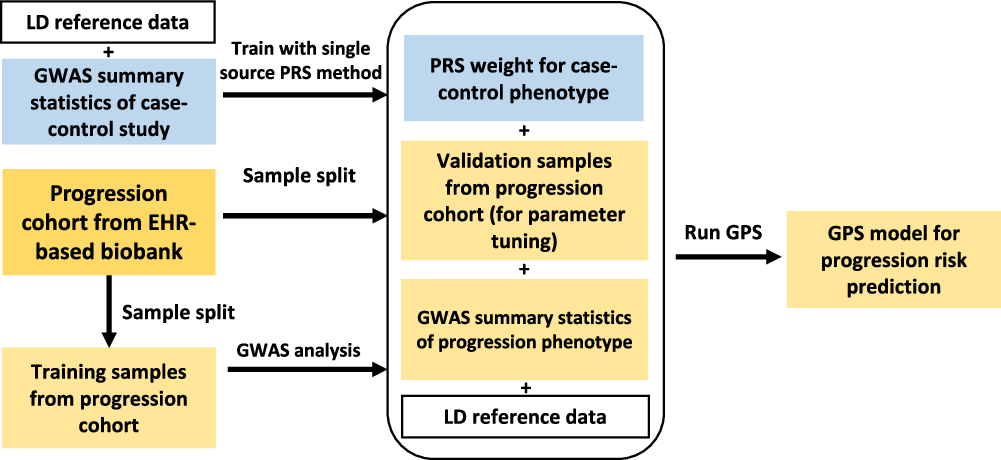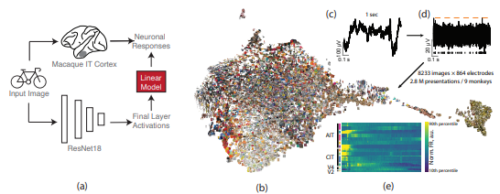2025-01-07 カリフォルニア大学アーバイン校
<関連情報>
- https://news.uci.edu/2025/01/07/uc-irvine-led-study-challenges-traditional-risk-factors-for-brain-health-in-the-oldest-old/
- https://alz-journals.onlinelibrary.wiley.com/doi/10.1002/alz.14454
剖検における血管危険因子と脳血管病理学的変化:90+研究 Vascular risk factors and cerebrovascular pathologic changes on autopsy: The 90+ Study
Ravi Rajmohan, Zeinah Al-Darsani, Chu-Ching Ho, Joey Wong, Annlia Paganini-Hill, Thomas Montine, Maria Corrada, Claudia Kawas
Alzheimer’s & Dementia Published: 07 January 2025
DOI:https://doi.org/10.1002/alz.14454

Abstract
INTRODUCTION
Cerebrovascular pathologic changes (CVPC) are prevalent and associated with dementia in those ≥ 90 years. However, CVPC associations to traditional risk factors (hypertension, diabetes, and hyperlipidemia) are variable. We hypothesized that neither traditional risk factors nor related medications would be associated with CVPC presence.
METHODS
In autopsy volunteers from The 90+ Study, odds ratios (OR) of CVPC presence to self-reported vascular risk factors and cardiovascular medication classes were calculated using logistic regressions adjusted for age of death, sex, and education.
RESULTS
In 267 participants (mean age at death 98 (±3.5) years; 75% female), CVPC presence was not related to traditional risk factors. Lower odds of atherosclerosis with diuretics [OR 0.55] and lower odds of cerebral amyloid angiopathy (CAA) with B-blocker [OR 0.57] or vasodilator [OR 0.40] use were observed.
DISCUSSION
Our findings suggest that vascular risk factors are not risk factors for CVPC at this age, medications have mitigated risks, or survival bias obscures associations.
Highlights
- Cardiovascular risk factors are thought to contribute to cerebrovascular diseases.
- Risk factors were generally not associated with cerebrovascular changes.
- Lower odds of certain cerebrovascular changes were associated with antihypertensive use.


